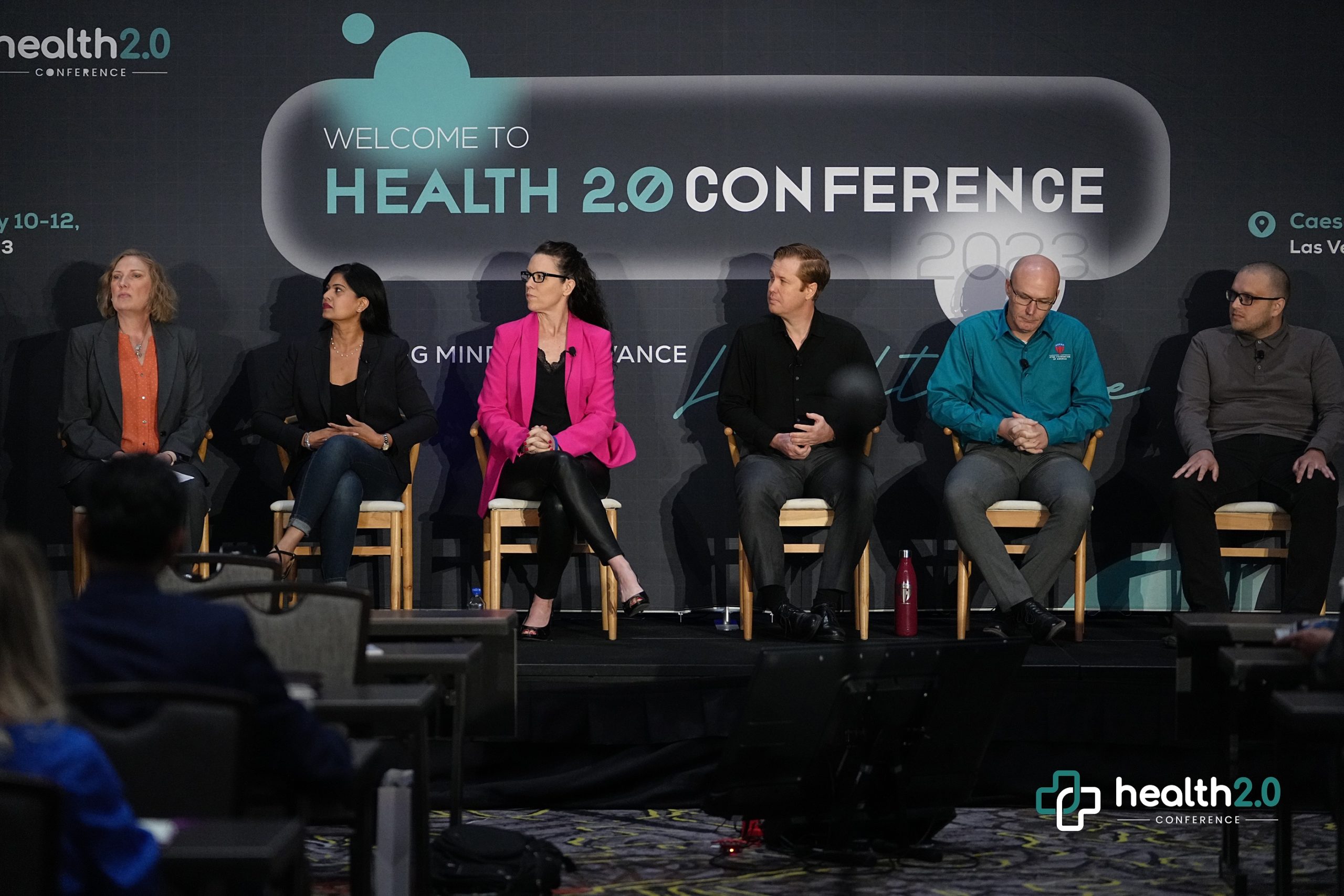
The medical industry faces a pressing challenge in today’s digital age: safeguarding sensitive data and vital intellectual property against relentless scams and breaches. This blog sheds light on the crucial need for robust defenses in the face of escalating threats. Here, you’ll delve into the world of data breaches and intellectual property theft scams, examining their implications.
With a spotlight on the vulnerabilities unique to the healthcare sector, we’ll explore strategies for fortifying security. By embracing emerging technologies, collaboration, and stringent response plans, healthcare entities can defy scams and breaches, ensuring patients’ trust and the sanctity of their innovations. Stay tuned for insights, reviews, and actionable steps by the experts on the upcoming health events 2024, notably the Health 2.0 Conference, to shield against these evolving dangers.
Data Breaches In The Medical Industry
Data breaches in the medical sector pose serious risks to patient privacy and overall healthcare operations. Cybercriminals exploit vulnerabilities to access sensitive patient information, leading to severe consequences. Let’s delve into the issue of data breaches:
- Rising Threats And Statistics
The medical industry faces increasing cyber threats, with numerous data breach incidents reported. According to recent reviews, healthcare institutions are lucrative targets due to the valuable patient data they hold.
- Causes And Impact
Outdated software, weak passwords, and inadequate staff training contribute to data breaches. These incidents disrupt patient care, erode trust, and can lead to financial losses for organizations.
- Preventive Measures
To counter these scam offenses, medical organizations must invest in robust cybersecurity measures. Regular security audits, employee training, and encrypted data storage can significantly reduce vulnerabilities.
According to the experts at healthcare conferences in the USA, data breaches in the medical industry harm institutions and put patients at risk of scams and privacy violations. Staying proactive and implementing stringent security protocols is essential to safeguarding patient data.
Intellectual Property Theft Scams In Healthcare
Healthcare innovation is critical for advancements, yet it attracts intellectual property theft scams. Scammers exploit research breakthroughs, medical devices, and proprietary formulas for personal gain, jeopardizing progress.
- Tactics Employed By Scammers
Unscrupulous actors employ cunning tactics like phishing, hacking, and insider threats to steal valuable medical IPs. They infiltrate research centers, manipulate staff, and use malware to compromise systems.
- Real-Life Cases Of Intellectual Property Theft
Recent cases involving stolen medical IPs underscore the seriousness of the issue. In one instance, a rogue employee stole groundbreaking cancer research to sell it illicitly. These instances underscore the need for stringent security measures.
- Safeguarding Intellectual Property
Healthcare organizations must enforce robust security protocols. Regular employee training, secure data storage, and restricted access play crucial roles. Collaboration with cybersecurity experts is essential to stay ahead of evolving scams.
The experts of the upcoming health events 2024 highlight that by staying informed, implementing security measures, and promoting a culture of awareness, healthcare can deter scammers and continue pushing the boundaries of medical advancement.
Vulnerabilities In The Medical Industry
While essential for our well-being, the medical industry is not immune to vulnerabilities impacting patient safety and trust. Scams targeting patients have emerged, jeopardizing both finances and health. Fake treatments and counterfeit medications can find their way into the market, putting unsuspecting individuals at risk. Reviews, although helpful, can also be manipulated to deceive patients into choosing unreliable services.
These vulnerabilities underline the importance of staying vigilant. Health consumers should verify treatment claims, seek second opinions, and rely on trusted sources. Regulatory bodies must continue to strengthen oversight to ensure patient protection. By addressing these concerns, the medical industry can maintain its integrity and provide quality care to those who rely on it.
Strategies For Guarding Against Data Breaches And IP Theft
Protecting sensitive data and intellectual property (IP) in today’s digital landscape is paramount. Implementing these effective strategies shared by the thought leaders of healthcare conferences in the USA can prevent potential scams and safeguard your business’s reputation.
- Robust Cybersecurity Measures
Employ strong firewalls, encryption, and regular software updates to prevent cyber threats.
- Employee Training
Educate staff about identifying scams, phishing emails, and the importance of data security.
- Access Control
Restrict access to critical data and IP to authorized personnel only.
- Vendor Reviews
Thoroughly vet third-party vendors and partners to ensure their security practices align with yours.
- Regular Audits
Conduct routine security audits to identify vulnerabilities and address them promptly.
By consistently implementing these strategies by the experts of the upcoming healthcare events in 2024, you can establish a solid defense against data breaches and IP theft, enhancing your business’s resilience and reputation.
Conclusion
Safeguarding against data breaches and intellectual property theft scams is paramount in the ever-evolving medical industry. Vigilance is crucial to thwart malicious actors seeking to exploit vulnerabilities. By implementing robust cybersecurity measures, healthcare organizations can mitigate risks and protect sensitive patient information and valuable intellectual property.
Regular security assessments, employee training, and adopting encryption protocols enhance defense mechanisms. Staying informed about the latest scams and conducting thorough reviews of security practices keeps systems resilient.
Remember, a proactive approach is key to maintaining trust, reputation, and patient safety. Therefore, the Health 2.0 Conference takes proactive measures for unwavering dedication to ensure a secure future for the medical field against such threats. You can check the key highlights of the previous health conference in Dubai to gain insights from the experts.




